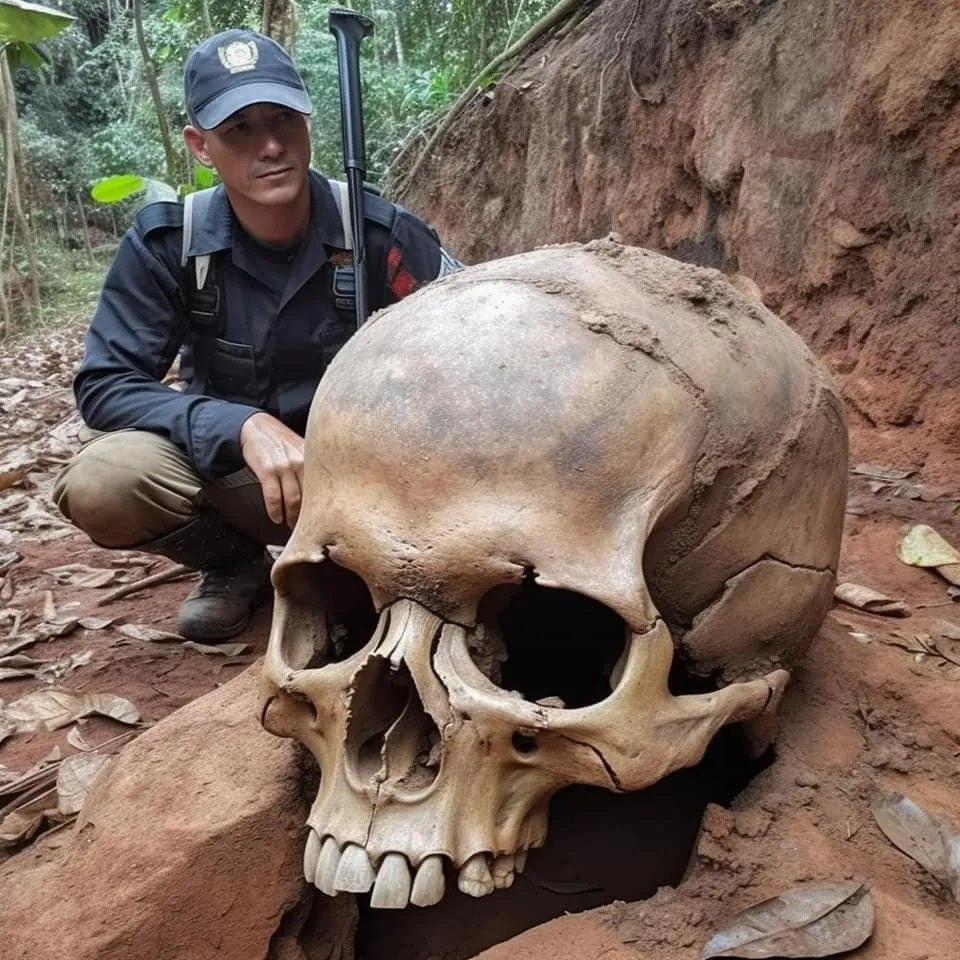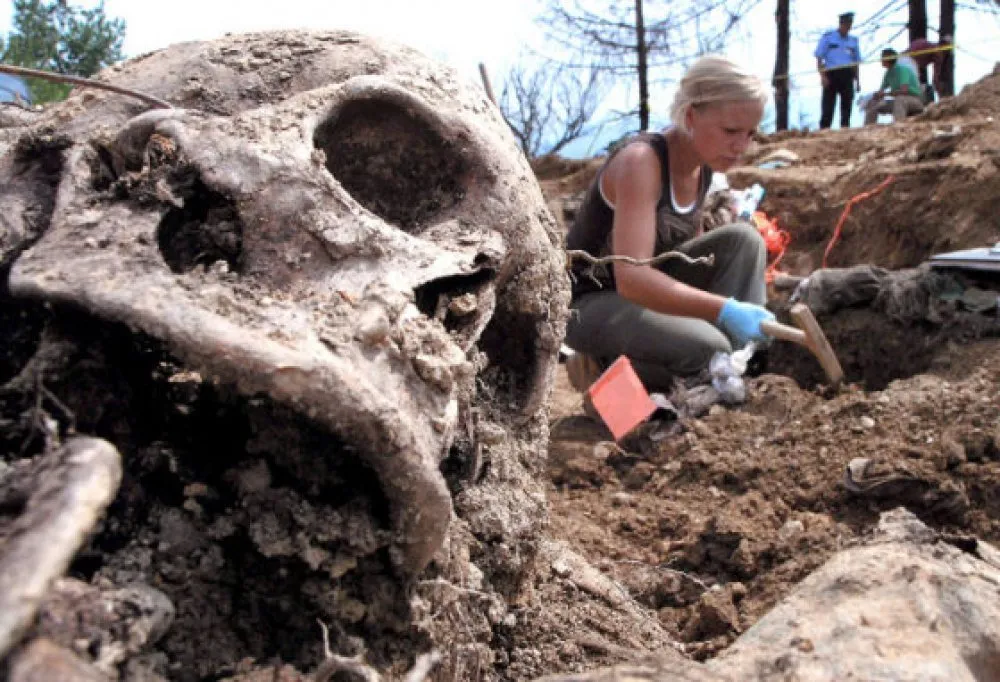In a groundbreaking wave that is reshaping our understanding of ancient civilizations, a series of revolutionary archaeological discoveries and mummification techniques have been unearthed, casting new light on the intricacies of ancient enigmas. These findings not only challenge our previous notions but also open the door to reinterpreting the past with newfound clarity and insight.

At the forefront of these revelations are sophisticated mummification techniques that reveal a deep understanding of preservation practices among ancient cultures. Unlike the well-known Egyptian mummies, recent discoveries have shown diverse methods across different civilizations, indicating a broader and more nuanced application of mummification that was previously unrecognized.

One such discovery includes the finding of mummies in South America, where the Chinchorro culture practiced mummification thousands of years before the Egyptians. These mummies, preserved in the arid deserts of what is now Chile and Peru, exhibit a different approach to mummification, involving the removal of internal organs, reinforcing the body with sticks, and covering the skin with a paste made from manganese and clay. This technique underscores the cultural significance of death and the afterlife in the Chinchorro society, challenging the notion that mummification was a practice exclusive to Egypt.

Further, in Europe, the discovery of bog bodies has unveiled a form of natural mummification, where the acidic and oxygen-poor environment of peat bogs led to the preservation of bodies for thousands of years. These findings, particularly prominent in Ireland, Germany, and Denmark, offer unique insights into Iron Age rituals and the symbolic meanings attributed to these bogs.

Advances in technology have played a pivotal role in unraveling these ancient mysteries. Techniques such as DNA analysis, radiocarbon dating, and computer tomography (CT) scans have allowed archaeologists to examine mummies and artifacts with unprecedented precision. For instance, CT scans have revealed intricate details about the health, diet, and even the cause of death of mummified individuals, providing a window into their daily lives and societal structures.

Moreover, the discovery of texts and manuals, such as the recently found “Illustrated Book of the Dead” in Saqqara, Egypt, offers invaluable insights into ancient beliefs about death and the afterlife. These texts, often accompanying the deceased in their tombs, contain spells, prayers, and instructions for navigating the afterlife, highlighting the complexity of ancient religious practices.

As these ancient enigmas continue to be unearthed, they challenge us to reconsider our historical narratives and appreciate the depth of human ingenuity across time and space. These discoveries not only enrich our understanding of the past but also remind us of the enduring quest for knowledge and the timeless fascination with the mysteries of life and death.



